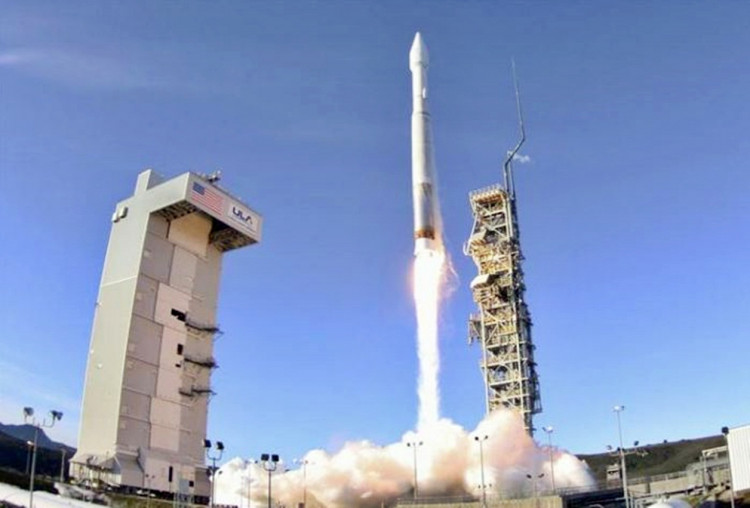According to a new study, the increase in rocket launches anticipated over the next few decades will be harmful to both the ozone layer and the temperature of the globe.
Many people are dreaming of a new era of space exploration due to the anticipated increase in rocket launches for space tourism, moon landings, and maybe travel to Mars. However, a recent study contends that a major increase in spaceflight activity could harm the ozone layer that protects the one planet where humans now reside.
Black carbon, or soot, is emitted directly into the stratosphere by kerosene-burning rocket engines, which are widely used in the global launch industry. Ozone protects all life on Earth from the harmful effects of ultraviolet radiation, including skin cancer and weakened immune systems in humans, as well as disruptions to agriculture and ecosystems.
The study was directed by American academics. The National Oceanic and Atmospheric Administration (NOAA) is concerned about the effects of rockets that consume fossil fuels, like SpaceX's Falcon 9.
So far, the environmental impacts of rocket launches have been largely overlooked. Many experts have claimed that the amount of pollution generated by space missions is negligible compared to other sources of pollution. For example, within one year, the aviation industry alone burns about 100 times more fuel than all rockets launched around the world, according to experts.
The study which is in line with present expectations examined the effects of a tenfold increase in rocket launches. The amount of soot in the exhaust of rockets that burn fossil fuels was of interest to the researchers. At the moment, rockets add around thousand tons of soot annually to the otherwise clear upper atmosphere. Over time, this pollutant builds up at high altitudes and absorbs heat, which may cause those atmospheric layers to warm.
Warmer stratospheric temperatures would also cause the ozone layer, which shields the earth's surface from damaging UV radiation from the sun, to deteriorate.
"We need to learn more about the potential impact of hydrocarbon-burning engines on the stratosphere and on the climate at the surface of Earth," Christopher Maloney, a research scientist at NOAA's Chemical Sciences Laboratory and lead author of the study, said in a statement. "With further research, we should be able to better understand the relative impacts of different rocket types on climate and ozone."
Prior to this discovery, scientists were aware that solid rocket engines, like the now-retired NASA space shuttle, harm ozone because their exhaust contains chlorine, a known ozone-killer.






